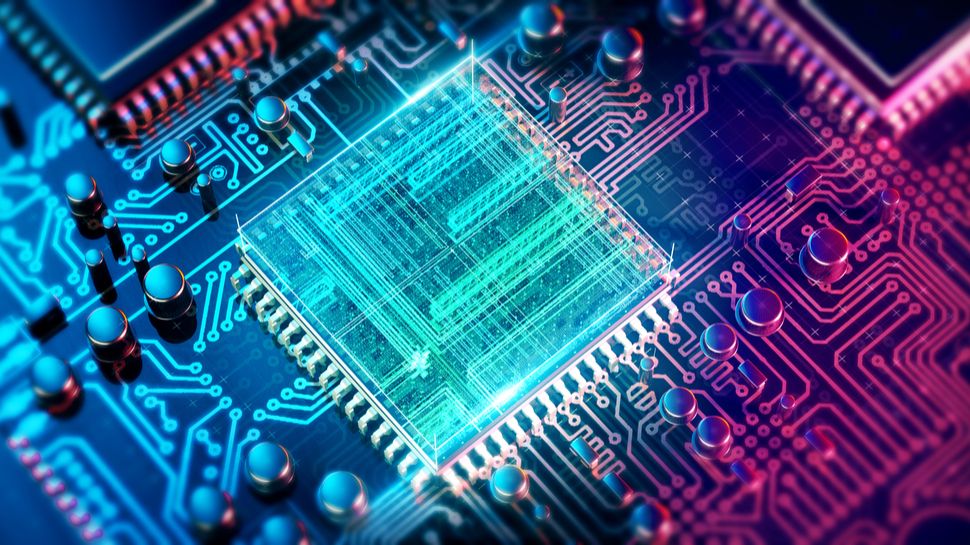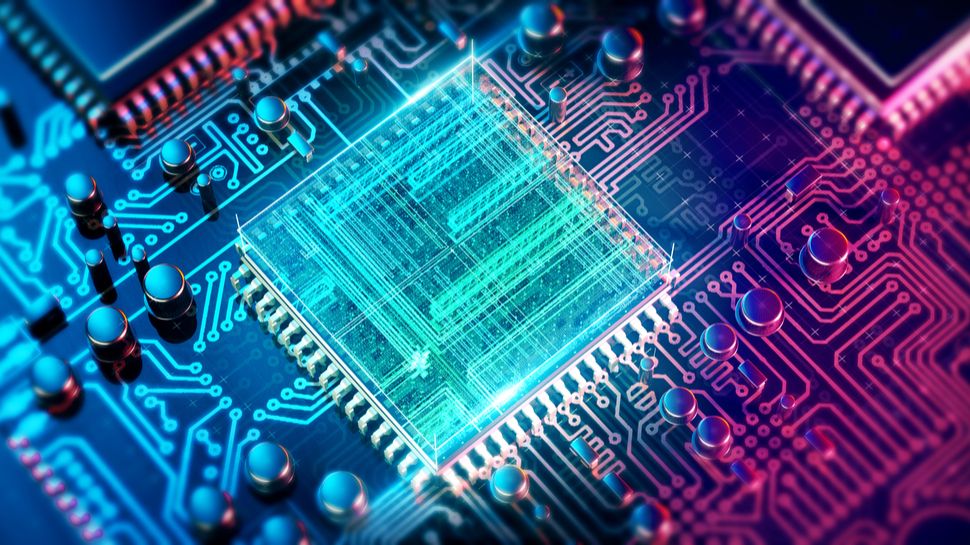
Having claimed to have achieved its first milestone towards a quantum supercomputer, Microsoft reckons it will take less than a decade for it to have built its own.
Comparing it to the revolutions caused by the Iron Age and the Silicon Age, Redmond reckons quantum computing will have significant impacts on the way we live, enabling the transportation industry to develop more efficient and powerful batteries as we transition to EVs and beyond, the chemistry industry to discovery safer compounds, and the pharmaceutical industry to develop better drugs.
Most importantly, Microsoft hopes that quantum supercomputers, including its own, will help to solve “society’s most pressing challenges,” such as climate change and food insecurity.
Quantum computing coming sooner than you think
Speaking to TechCrunch, Microsoft VP of advanced quantum development, Krysta Svore, said: “We think about our roadmap and the time to the quantum supercomputer in terms of years rather than decades.”
Expressing similar optimism, CEO Satya Nadella said at the Azure Quantum: Accelerating Scientific Discovery virtual event: “Our goal is to compress the next 250 years of chemistry and materials science progress into the next 25.”
Microsoft’s first step, creating quantum systems that run on noisy physical qubits, has already been realized with quantum machines available in the cloud via Azure Quantum.
In its roadmap to quantum supercomputing, Microsoft outlines a further two steps: reliable logical qubits, and engineering with scale. Drilling in with more detail, the journey to the next step will be to engineer hardware-protected or topological qubits, to improve and finesse their quality, and to create a multi-qubit system.
Like its voyage into AI, Microsoft stresses the importance of security, safety, and privacy, which are all set to get equal attention as quantum computing begins to threaten existing IT landscapes.
Services Marketplace – Listings, Bookings & Reviews
